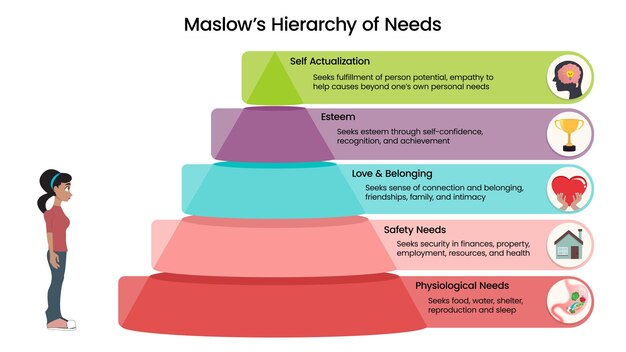Exploring Psychology Professionals’ 8 Impactful Careers in the Environmental Sector
The environmental sector encompasses a broad range of challenges, from climate change to conservation efforts, where the integration of psychology can significantly enhance strategies for promoting environmental sustainability. Psychology professionals bring unique insights and skill sets that are instrumental in addressing behavioral, social, and psychological aspects crucial for environmental protection and sustainability. Let’s further quest for the several 8 impactful career paths for psychology professionals within the environmental sector.

Page Contents
- 1 Psychology Professionals’ 8 Impactful Careers in the Environmental Sector
- 1.1 1. Environmental Psychologist
- 1.2 2. Conservation Psychologist
- 1.3 3. Environmental Education Specialist
- 1.4 4. Sustainability Consultant
- 1.5 5. Environmental Policy Analyst
- 1.6 6. Green Building Psychologist
- 1.7 7. Environmental Health Psychologist
- 1.8 8. Environmental Communication Specialist
- 1.9 Conclusion
Psychology Professionals’ 8 Impactful Careers in the Environmental Sector
1. Environmental Psychologist
Role
Environmental psychologists study the connections between individuals and their environment, focusing on behaviors, attitudes, and motivations that influence environmental action and conservation efforts.
Responsibilities: Conducting research on environmental attitudes and behaviors, designing behavior change interventions, and collaborating with policymakers and environmental organizations to promote pro-environmental actions.
2. Conservation Psychologist
Role
Conservation psychologists focus on understanding human behavior concerning biodiversity, wildlife conservation, and sustainable resource management.
Responsibilities: Conducting research on human-wildlife interactions, designing community-based conservation programs, and working with stakeholders to mitigate human impact on ecosystems.
3. Environmental Education Specialist
Role
Environmental education specialists use psychological principles to develop educational programs that inspire environmental awareness, sustainability, and responsible behavior among various audiences.
Responsibilities: Designing educational curricula, delivering workshops or presentations, and evaluating the effectiveness of environmental education initiatives.
4. Sustainability Consultant
Role
Sustainability consultants leverage psychological insights to help businesses, organizations, or communities adopt sustainable practices and reduce their environmental footprint.
Responsibilities: Conducting sustainability assessments, facilitating behavior change workshops, and advising on strategies to promote environmentally friendly practices.
5. Environmental Policy Analyst
Role
Environmental policy analysts utilize psychological perspectives to assess the impact of policies on human behavior, attitudes, and decision-making regarding environmental issues.
Responsibilities: Analyzing environmental policies, conducting behavioral impact assessments, and providing recommendations for policies that align with psychological motivations for sustainable behavior.
6. Green Building Psychologist
Role
Green building psychologists focus on designing environmentally friendly buildings and spaces that optimize occupants’ well-being and encourage sustainable behaviors.
Responsibilities: Collaborating with architects and designers, conducting research on building occupants’ behaviors, and implementing strategies to promote eco-friendly behaviors within built environments.
7. Environmental Health Psychologist
Role
Environmental health psychologists study the psychological impacts of environmental factors on individuals’ mental health and well-being.
Responsibilities: Researching the psychological effects of environmental stressors, providing interventions for communities affected by environmental disasters, and advocating for policies that prioritize mental health in environmental planning.
8. Environmental Communication Specialist
Role
Environmental communication specialists use psychological theories to craft effective communication strategies that engage and motivate individuals or communities to take action for environmental causes.
Responsibilities: Developing communication plans, creating persuasive messaging, and utilizing social media and other platforms to encourage environmental stewardship.
Conclusion
Psychology professionals play integral roles in the environmental sector by understanding, influencing, and promoting pro-environmental behaviors and policies. Their expertise in human behavior, cognition, and motivation is instrumental in shaping effective strategies to address environmental challenges, foster sustainable behaviors, and promote a harmonious relationship between individuals and their environment. These career paths showcase the diverse opportunities for psychology professionals to contribute meaningfully to environmental conservation, advocacy, education, and policy within the ever-evolving environmental sector.







